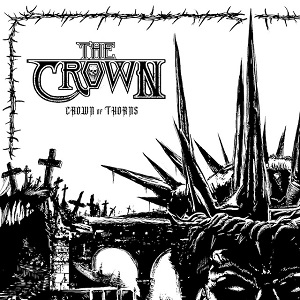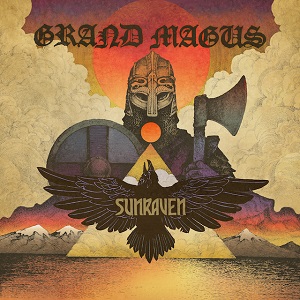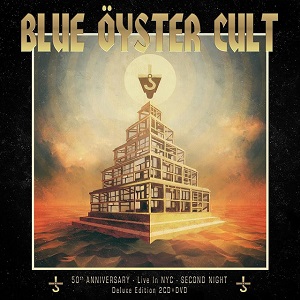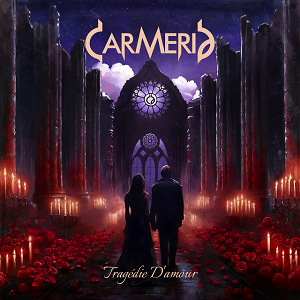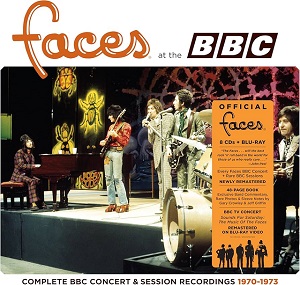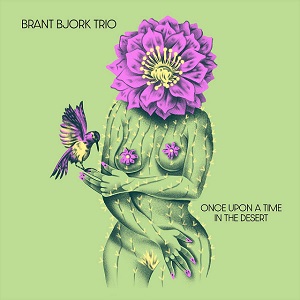Understanding Delta-9 and Delta-8: What’s the Difference?
September 9, 2024, a month ago
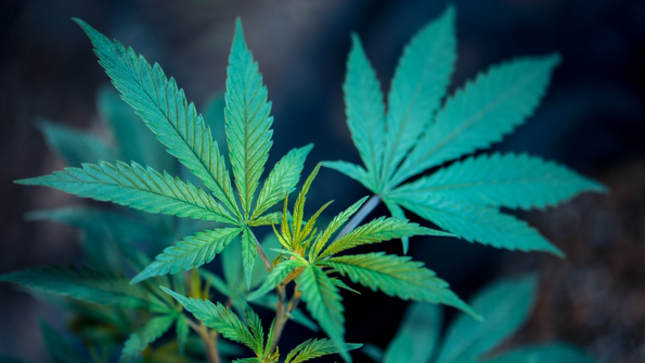
Delta-9 and Delta-8 are two distinct cannabinoids derived from cannabis plants, each offering unique effects, legal statuses, and health benefits. While Delta-9 THC is widely recognized as the primary psychoactive compound in cannabis, Delta-8 THC is gaining popularity for its milder psychoactive effects and potential therapeutic benefits. Understanding the differences between Delta-9 and Delta-8 can help you make informed decisions about which one might be best suited for your needs. In this detailed blog, we’ll explore what these cannabinoids are, how they differ, and what you should know before trying them.
What is Delta-9 THC?
Delta-9-tetrahydrocannabinol, commonly known as Delta-9 THC, is the most abundant psychoactive compound found in cannabis. It is responsible for the "high" that users experience when consuming marijuana. Delta-9 THC interacts with the endocannabinoid system (ECS) in the human body, specifically binding to CB1 receptors in the brain, which leads to its psychoactive effects.
Key Features of Delta-9 THC:
● Psychoactive Effects: Known for causing a potent high, euphoria, altered perception, and increased sensory awareness.
● Medicinal Uses: Delta 9 gummies are used for various therapeutic purposes, including pain relief, appetite stimulation, and anti-nausea effects.
● Legality: Delta-9 THC is federally illegal in many countries, including the United States, except in states or regions where cannabis has been legalized for medical or recreational use.
What is Delta-8 THC?
Delta-8-tetrahydrocannabinol, or Delta-8 THC, is a cannabinoid that occurs naturally in cannabis plants, but in much lower concentrations compared to Delta-9. Delta-8 THC is chemically similar to Delta-9 THC but differs slightly in molecular structure, which alters its effects on the body. It is often considered a milder alternative to Delta-9 THC, offering less intense psychoactive effects.
Key Features of Delta-8 THC:
● Mild Psychoactive Effects: Delta-8 THC provides a smoother, less intense high compared to Delta-9 THC, making it appealing for users seeking relaxation without strong psychoactive effects.
● Medicinal Uses: Potential benefits include anti-anxiety, anti-nausea, pain relief, and appetite stimulation, similar to Delta-9 but generally with fewer side effects.
● Legality: Delta-8 THC exists in a legal gray area in many places. In the U.S., it is technically legal under the 2018 Farm Bill if derived from hemp and contains less than 0.3% Delta-9 THC, though some states have moved to regulate or ban it.
Differences Between Delta-9 and Delta-8 THC
While both Delta-9 and Delta-8 THC interact with the endocannabinoid system and share some similarities, there are key differences that set them apart:
1. Chemical Structure:
● Both Delta-9 and Delta-8 THC have similar structures but differ in the placement of a double bond. Delta-9 has the double bond on the ninth carbon chain, while Delta-8 has it on the eighth, which results in different effects on the body.
2. Psychoactive Potency:
● Delta-9 THC is significantly more potent in terms of psychoactive effects, often leading to a strong and sometimes overwhelming high. Delta-8 THC, on the other hand, offers a milder experience, often described as more clear-headed and less anxiety-inducing.
3. Therapeutic Effects:
● Both cannabinoids offer therapeutic benefits, such as pain relief and anti-nausea properties. However, Delta-8 THC is often preferred for those who are sensitive to the intense effects of Delta-9 or who seek therapeutic benefits without a strong high.
4. Side Effects:
● Delta-9 THC can cause side effects such as anxiety, paranoia, and increased heart rate, especially at higher doses. Delta-8 THC is generally reported to cause fewer adverse effects, making it a more approachable option for many users.
5. Legal Status:
● Delta-9 THC is still classified as a controlled substance under federal law in many countries, including the U.S., except where it has been legalized. Delta-8 THC is often legal in more places due to its derivation from hemp, although this is changing as regulations evolve.
6. Availability:
● Delta-9 THC products are commonly available in states where cannabis is legal, including a wide variety of flowers, edibles, and concentrates. Delta-8 THC products, such as gummies, tinctures, and vape cartridges, are increasingly available online and in CBD shops, even in regions where Delta-9 is restricted.
7. Metabolism and Duration:
Delta-9 THC tends to have a more rapid onset but also dissipates quicker. Delta-8 THC may offer a longer-lasting and steadier effect, making it useful for sustained symptom relief without frequent dosing.
How to Choose Between Delta-9 and Delta-8 THC
When deciding between Delta-9 and Delta-8 THC, consider the following factors:
● Desired Effects: If you are looking for a stronger psychoactive experience, Delta-9 THC is the better choice. For a more manageable, mild high, Delta-8 THC may be preferable.
● Tolerance and Sensitivity: Users who are sensitive to THC or prone to anxiety may find Delta-8 THC to be a more comfortable option due to its reduced psychoactive potency.
● Legal Considerations: Ensure you understand the legal status of both Delta-9 and Delta-8 THC in your area. Purchasing from reputable sources that adhere to regulations will help ensure product safety and compliance.
● Therapeutic Needs: If you are seeking specific medicinal benefits such as pain relief, nausea reduction, or appetite stimulation, both cannabinoids may be effective. However, Delta-8 THC’s milder side effect profile can make it a better choice for those who want to avoid the intensity of Delta-9.
Safety and Quality Considerations
Regardless of whether you choose Delta-9 or Delta-8 THC, it’s essential to prioritize safety and product quality:
● Lab Testing: Look for products that are lab-tested for potency, purity, and contaminants. Third-party lab results should be accessible to confirm that the product is safe and meets advertised specifications.
● Source and Extraction Methods: Choose products from brands that use safe extraction methods, such as CO2 extraction, which preserves the quality of the cannabinoids without introducing harmful solvents or chemicals.
● Reputable Brands: Purchase from reputable brands that have positive reviews and a history of providing high-quality cannabis products. Avoid unverified products that lack transparency or customer feedback.
Conclusion
Delta-9 and Delta-8 THC both offer unique benefits and experiences for cannabis users. Understanding their differences in potency, effects, legality, and side effects can help you make an informed choice that best suits your needs. Whether you’re looking for a potent high with Delta-9 or a milder, more controlled experience with Delta-8, there are plenty of options available to explore.
As always, start with a low dose, especially if you’re new to these cannabinoids or are trying a new product. Consulting with a knowledgeable cannabis professional or healthcare provider can also provide additional guidance, especially if you’re using these cannabinoids for therapeutic purposes. Happy exploring!



